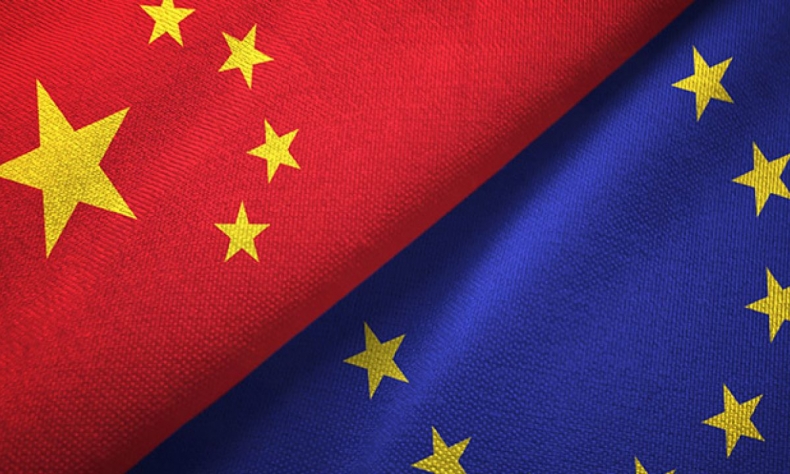Looking Beyond Sino-European Differences

If partners do not join hands in times of urgent need due to political reasons, dystopia will be the automatic result. Calmness and foresight must prevail. Good Sino-European relations will be beneficial for people in China, Europe and across the globe.
Sino-European relations are critical for safeguarding a multilateral world order. Both China and Europe, including EU member states and non-member states, hope for peace and prosperity. The goal is common but methods to achieve it can differ. It is therefore natural that the path towards fulfilling the common objective is occasionally turbulent. The decision of the European Parliament to freeze the ratification of the December 2020 Comprehensive Agreement on Investment (CAI) is demonstration of recent frictions.
In the aftermath of the end of the Cold War, China and Europe forged a relationship of harmonious cooperation without pretending that their approaches were identical. The heterogeneity of their governance models itself did not allow full agreements but did not prevent interests from converging. This pattern is still applicable despite some recent tension. In comparison to three decades ago, however, China is much stronger and more confident. This reality adds new characteristics to world affairs and impacts Sino-European relations.
A speech given by Chinese State Councilor and Foreign Minister Wang Yi in an online session of the 2021 Munich Security Conference outlined the Chinese position. The Chinese administration values mutual cooperation and identifies sectors where joint actions can take place. These include Iran’s nuclear program, the fight against terrorism, climate change, regional conflicts such as the Israel-Palestinian conflict, global governance and above all the COVID-19 pandemic. Collaboration is possible because most world challenges are transnational. There is no better example than the ongoing coronavirus pandemic.
Most European countries are now striving to accommodate American geopolitical calculations in their policy vis-à-vis China. They want to strike a balance that will keep both Washington and Beijing relatively satisfied. This is a particularly delicate task that will take time to master due to its unprecedented nature. Throughout the process, the “strategic autonomy” concept of the EU is vital. Leaders of the EU often talk about becoming “strategically autonomous” meaning that they seek to build the block’s resilience, reduce dependencies and avoid hard choices between other superpowers in order to strengthen the EU’s position in the multilateral world order.
The EU strategy for the Indo-Pacific, for instance, does not exclude China. It rather earmarks a more active and robust European presence in future discussions about maritime security, supply chains, environmental protection and other themes in this vast area. The 2018 EU-Asia connectivity strategy launched by Brussels had similarly aimed at offering European assistance in the Eurasian region that might complement the Belt and Road Initiative.
Last week, State Councilor Yang Jiechi flew to Croatia and Slovenia. Meanwhile, the foreign ministers of Hungary, Ireland, Poland, Serbia visited Beijing, while Wang Yi held a telephone conversation with his British counterpart Dominic Raab, reportedly expressing China’s interest in becoming a partner in the “Global Britain” project. Additionally, China and Norway coordinated their policies at the U.N. Security Council to push for a ceasefire between Israelis and Palestinians. Although the position of different European states towards China is not standardized and varies, they all keep their communication channels open, and some of them endeavor to achieve maximum bilateral cooperation.
We are living in a world that is unstable and the COVID-19 pandemic exacerbates the previous disorder. China and Europe are not losing their orientation but no reasonable analyst can ignore existing problems. Leaders must find a logical way forward. If partners do not join hands in times of urgent need due to political reasons, dystopia will be the automatic result. Calmness and foresight must prevail. Good Sino-European relations will be beneficial for people in China, Europe and across the globe.
 Facebook
Facebook
 Twitter
Twitter
 Linkedin
Linkedin
 Google +
Google +










